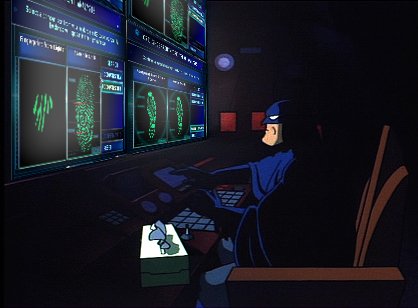Midnyte_Sun
Medianoche de Sol
- Joined
- Mar 13, 2006
- Messages
- 5,668
- Reaction score
- 1
- Points
- 58
Let's discuss the implications of automation in blue collar and some white collar jobs with the exponential rise in intelligence of machines.
Should Automation start eliminating and/or altering jobs such as (my own guess): food services, trucking, trains, planes, buses, taxis, retail, office/clerical, entertainment, construction, military, security/police, waste management, housekeeping, laundry, and even some medical (ie. sterile processing, medicine/biohazard deliveries, etc), many people will be left out of the workforce.
How should the United States & world governments, large corporations, and the civilian sector deal the potential large influx of the unemployed? Many proponents of automation signal the start of a trend of universal basic income for all citizens.
How should governments pay for this? What other government programs will have to be cut to pay for it? Do you feel your job could be at risk?
Should Automation start eliminating and/or altering jobs such as (my own guess): food services, trucking, trains, planes, buses, taxis, retail, office/clerical, entertainment, construction, military, security/police, waste management, housekeeping, laundry, and even some medical (ie. sterile processing, medicine/biohazard deliveries, etc), many people will be left out of the workforce.
How should the United States & world governments, large corporations, and the civilian sector deal the potential large influx of the unemployed? Many proponents of automation signal the start of a trend of universal basic income for all citizens.
How should governments pay for this? What other government programs will have to be cut to pay for it? Do you feel your job could be at risk?




